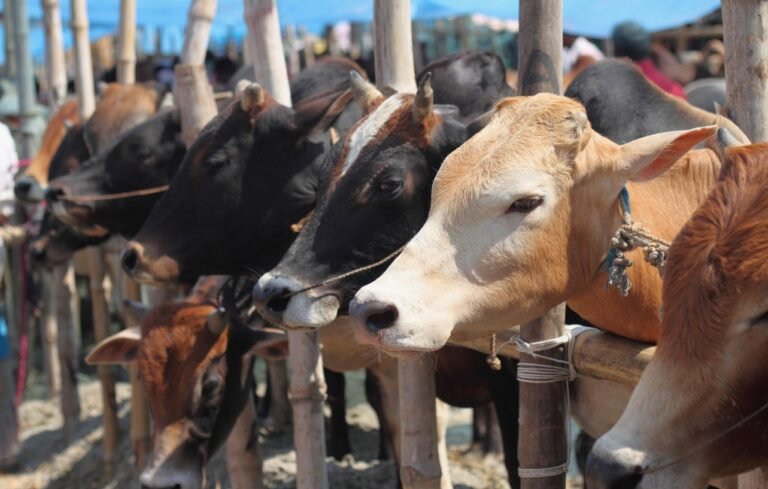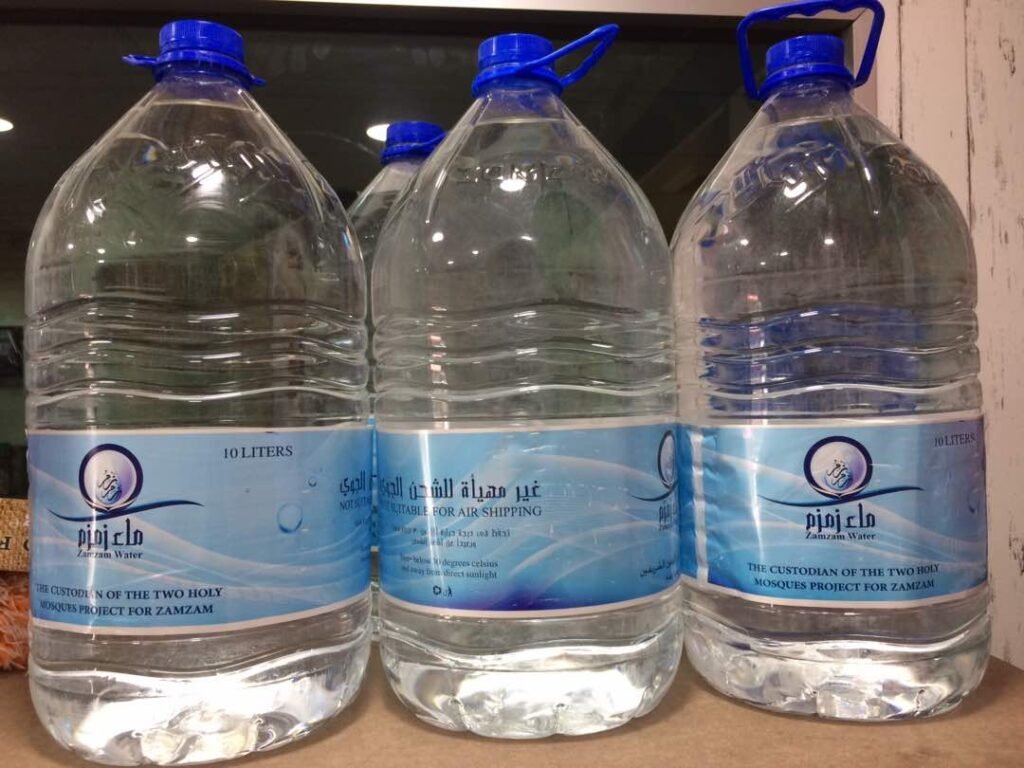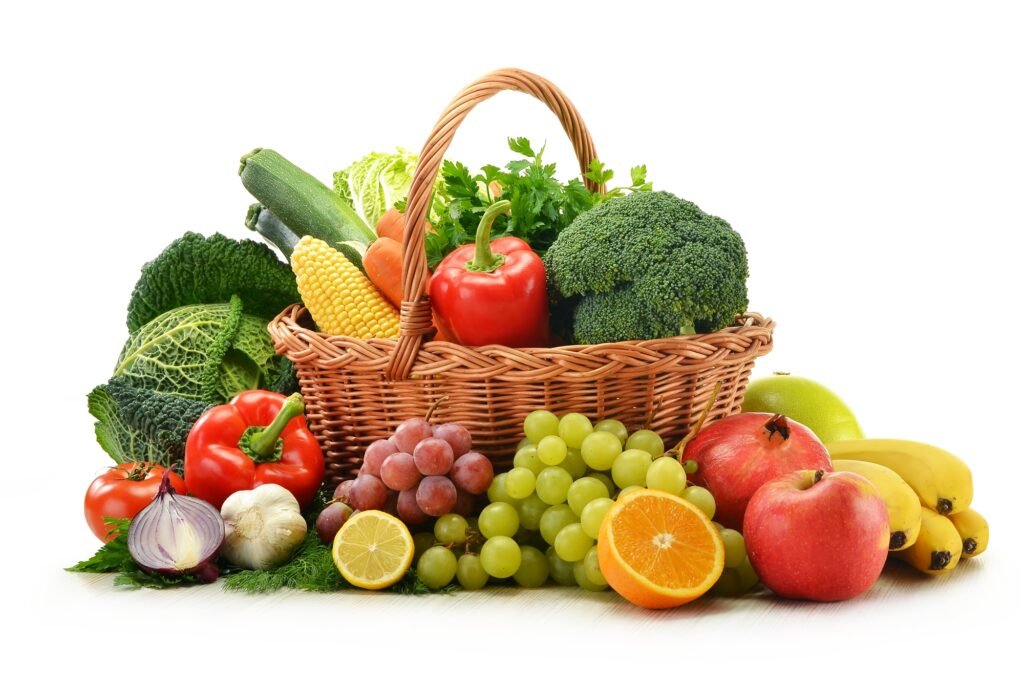Qurbani, also known as Udhiyah, is a significant Islamic ritual that involves the slaughtering of an animal, typically a goat, sheep, cow, or camel, during the festival of Eid al-Adha. This practice commemorates the willingness of Prophet Ibrahim (Abraham) to sacrifice his son as an act of obedience to Allah. However, Allah provided a ram to sacrifice instead. Qurbani is a form of worship and a way for Muslims to express gratitude to Allah. The Qurbani meat from the sacrificed animal is traditionally divided into three parts: one part for the person performing the sacrifice, one part for friends and family, and one part for the poor and needy.
Distribution of Qurbani Meat
The distribution of Qurbani meat is a crucial aspect of this ritual, reflecting the principles of charity and community welfare in Islam. According to Islamic teachings, the meat should ideally be divided into three equal parts. One third is for the individual or family who performed the Qurbani, another third is for relatives, friends, and neighbors, and the remaining third is to be distributed among the poor and needy. This practice ensures that everyone in the community, including those who are less fortunate, can enjoy the blessings of Eid al-Adha.
Can All Qurbani Meat Be Given to the Poor?
The question of whether all Qurbani meat can be given to the poor is an important one and highlights the flexibility and compassion within Islamic teachings. While the traditional division is recommended, it is not strictly mandatory. Islamic scholars agree that the primary objective of Qurbani is to seek Allah’s pleasure and to provide for those in need. Therefore, if a person decides to distribute all of the Qurbani meat to the poor, it is permissible and can be considered a highly commendable act of charity. This approach is especially relevant in situations where the donor is financially stable and does not need the meat for themselves or their immediate family.
Benefits of Giving All Qurbani Meat to the Poor
Giving all Qurbani meat to the poor has numerous benefits, both for the giver and the recipients. For the giver, it is a way to earn immense spiritual rewards and to demonstrate empathy and solidarity with those who are less fortunate. It strengthens the sense of community and reinforces the values of generosity and kindness. For the recipients, receiving Qurbani meat can significantly improve their well-being, especially for those who cannot afford to buy meat regularly. It ensures that even the poorest members of the community can partake in the celebrations of Eid al-Adha, thus fostering a sense of inclusion and shared joy.
Islamic Jurisprudence on Qurbani Meat Distribution
Islamic jurisprudence provides guidance on the distribution of Qurbani meat, emphasizing the importance of fairness and generosity. While the traditional division into three parts is a widely accepted practice, scholars from different schools of thought agree that there is flexibility based on individual circumstances. The Hanafi, Maliki, Shafi’i, and Hanbali schools of thought generally concur that distributing all the meat to the poor is permissible and can be a means of fulfilling the spirit of Qurbani. The primary goal is to ensure that the act of Qurbani brings benefit to the community and aligns with the principles of compassion and support for the needy.
Practical Considerations for Distributing Qurbani Meat
When deciding to give all Qurbani meat to the poor, it is important to consider practical aspects to ensure the meat reaches those in need. The meat should be distributed promptly to avoid spoilage, especially in hot climates. Collaborating with local charitable organizations, mosques, or community centers can help in organizing the distribution efficiently. These institutions often have systems in place to identify needy individuals and families, ensuring that the meat is distributed fairly and reaches those who need it most. Proper packaging and storage are also essential to maintain the quality and hygiene of the meat.
Ethical and Social Implications
Distributing all Qurbani meat to the poor carries significant ethical and social implications. It highlights the importance of social justice and equity in Islam. By prioritizing the needs of the poor, Muslims can help to reduce hunger and improve the quality of life for disadvantaged individuals. This act of giving also promotes social cohesion and strengthens community bonds. It serves as a reminder that wealth and resources are blessings from Allah, and those who are more fortunate have a responsibility to share with others. Moreover, it can inspire others in the community to adopt similar practices of generosity and kindness.
Conclusion
While the traditional practice of dividing Qurbani meat into three parts is deeply rooted in Islamic tradition, giving all the meat to the poor is permissible and aligns with the core values of charity and compassion in Islam. This practice can bring numerous benefits, including spiritual rewards for the giver and improved well-being for the recipients. Islamic jurisprudence supports this flexibility, emphasizing the importance of intention and the spirit of the act over strict adherence to specific proportions. By embracing the spirit of Qurbani, Muslims can ensure that their acts of worship not only fulfill religious obligations but also contribute to the well-being and happiness of their communities.



